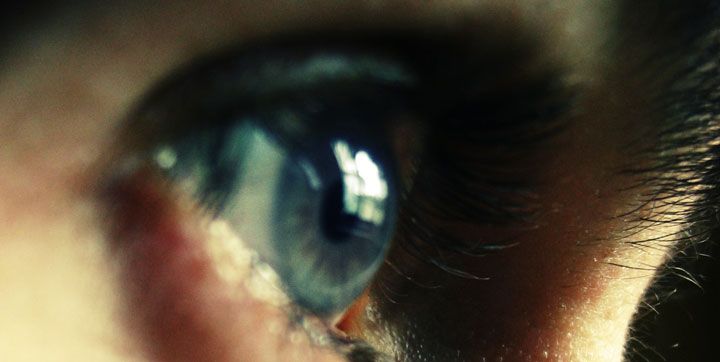Mind Over Mood: Feeling Better by Thinking Better

An article on Emotional Control
by David Ruben
Lauren complained that she felt down or upset a lot of the time. "I have no control over the way I feel," she said. When she learned that her thoughts were largely responsible for her feelings, she was able to gain much more control over her disturbing emotions. She found that, with the application of my "Presence Meditation with Music" it became possible to control and alter many of her negative thoughts. Almost everyone has heard the saying "mind over matter." While it's doubtful that the human mind can control objects with pure mind power, what is becoming increasingly clear is that thoughts and perceptions can dramatically influence moods, feelings, and emotions. How many times have you heard someone say, "That really made me mad," or "He upset me," or "It bothered me," as if external events had a direct control over our moods? The fact is
It's not events that trigger our emotions, rather it's how we think about events that determine our feelings.
Our knee-jerk emotional reactions to external stimuli are really the combined effects of the external event and our interpretation of that event. That's the cognitive connection, the link that joins together events and emotions in the chain of our experiences. This concept is at least two thousand years old and is often attributed to the philosopher Epictetus, who said "Men [and women] feel disturbed not by things, but by the views they take of them." Many centuries later, William Shakespeare rephrased this thought in Hamlet when he wrote: "There (is) nothing either good or bad but thinking makes it so." The fact is, we have tremendous control over our emotions and are not helpless stimulus-response creatures who are powerless over our moods.
Simply recognizing that thinking influences emotions is a very important step on the road leading to a happier and healthier life.
Negative thoughts can be challenged and changed. This, in turn, leads to more positive feelings and emotions.

















Post new comment